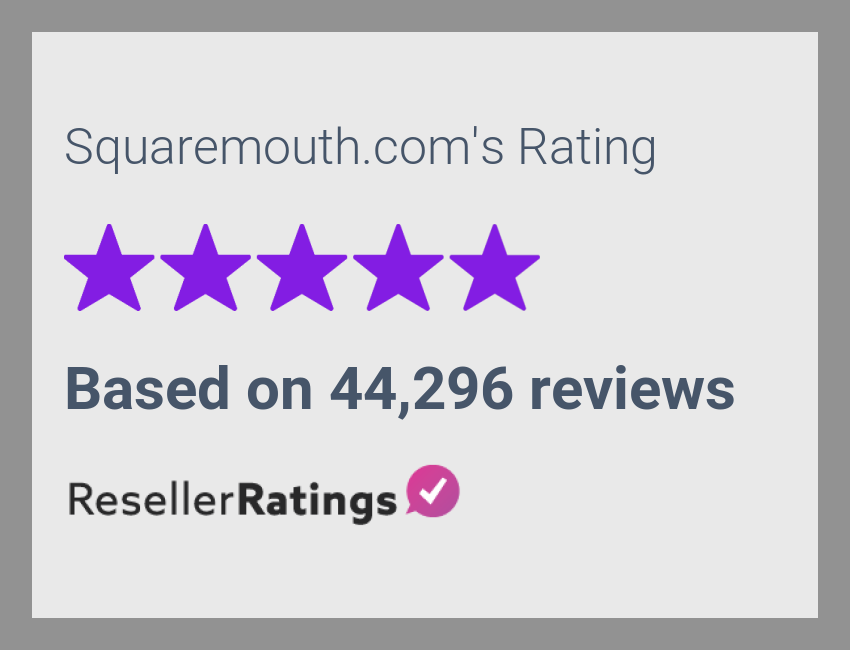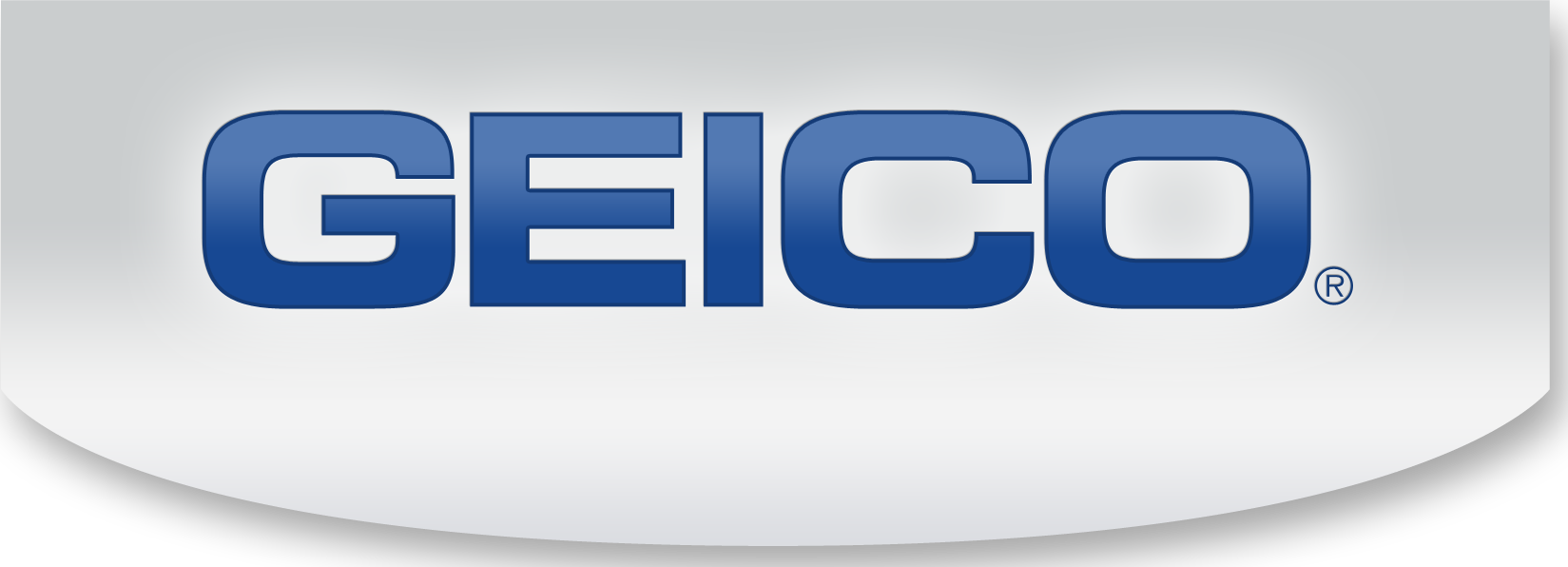
A PPO is a type o insurance that lets you see a doctor, hospital in network, and out of network. However, the cost of the plan is higher than an HMO. Also, your out-of–pocket costs will be higher. The right PPO plan for you will depend on your budget and your needs. A PPO offers many advantages.
Flexibility is one of the greatest benefits of a PPO plan. PPO networks are large and can be found almost anywhere. This means you will be able to find the best doctors and medical services in your area. Because the PPO network rewards in-network care you may be able to pay less out of pocket for the services you need.
A PPO offers another benefit: the freedom to choose your preferred primary care doctor. You may not require a referral from a PCP in certain cases to see a specialist. A referral may not be necessary in all cases. If you are unable to get a referral from your doctor, you'll need to pay a higher price. For certain healthcare services, you might have to pay a copay or a fixed dollar amount.

You might be able to avoid this cost by calling the insurance company before you receive care from an out-of-network provider. This will prevent your claim being denied and can help you avoid paying unnecessary treatment.
When you have a PPO, you are free to use any provider in the network, so you have the flexibility to choose the physician you prefer. However, you will still need to pay for care that you receive outside the network. While insurance companies and providers may agree to lower their rates for services, you still have to pay the full price if the provider is not in your network.
A PPO can also be advantageous because your doctor and other doctors can negotiate terms and fees with the hospitals they work with. If you have a PPO, you'll have more options for lab and testing locations. You can receive the care you need even when you are away or traveling.
Copays, coinsurance, and deductibles are all important factors to consider when selecting a plan. Deductibles are the amount you have each year to pay before your insurance coverage kicks into effect. You are usually covered for the first $1,000. After that amount, your insurance company will pay the rest. Copays are fixed dollar amounts you pay each time you have a visit to a provider. Your plan may require you to pay for things like tonsillectomies and birth control. You can also pay for prescriptions you get at the pharmacy. However, your insurance company will need to confirm what prescriptions you are eligible for.

PPO policies can be an excellent option for self-managing your own medical care. It is a great option for people who travel frequently and want the ability to see any health care provider. The best health insurance plan for you is dependent on your personal needs, your budget and your lifestyle.